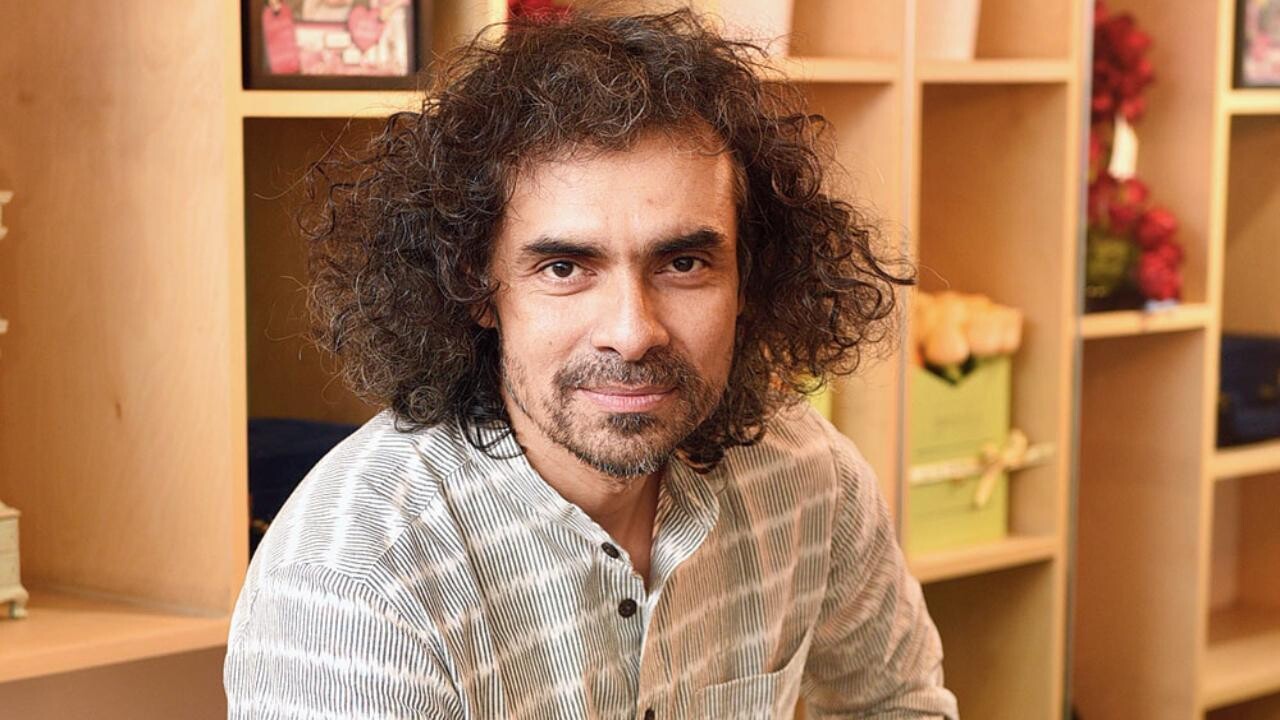
In a recent interaction during an interview with the news channel Aaj Tak, celebrated filmmaker Imtiaz Ali, known for his poignant storytelling in films such as ‘Jab We Met’, ‘Tamasha’, and ‘Rockstar’, displayed an admirable level of grace and dignity. The interview, held before a live audience, took an unexpected turn when the news anchor posed a query about Ali’s experience in the film industry with respect to his Muslim identity.
The question put forth was, “Aap Muslim hai ye bhulkar aap ye industry mai kaam kar sakte hai?” which translates to “Can you work in this industry forgetting your Muslim identity?” Imtiaz Ali’s response was nothing short of inspiring and has since resonated with many across social platforms. With composure, Ali replied, “Mai ye bhi nahi bhul sakta ki mai Jamshedpur ka hoon, mai ye bhi nahi bhul skata ki mai Hindu college ka hoon, mai ye bhi nahi bhool sakta ki mai Bombay mai rehta hu. Mai bahut saare cheezein nahi bhool sakta aur mujhe bhoolne ki zarurat kya hai. Mujhe kisi bhi cheez par koi afsoos ya shame nahi hai. Toh mujhe bhoolne ki zaroorat hi nahi. Mai sab kuch yaad karke ye film industry mai kaam kar sakta hoon.” In essence, he articulated that he could not forget his origins, his educational background, or his residence in Bombay, just as he could not forget he is Muslim. Ali affirmed that forgetting was unnecessary as he held no regret or shame about his identity and that he could work in the film industry while embracing all aspects of his life.
Not only did his answer address the issue of identity with respect to his religious background, but it also shed light on the universal nature of human experience, transcending barriers. Imtiaz Ali’s eloquent response exemplified the principle that personal identity encompasses various facets, none of which need to be dismissed or forgotten in the pursuit of one’s professional life.
Ali’s latest cinematic venture, ‘Amar Singh Chamkila’, delves into the life and legacy of the legendary Punjabi artist Amar Singh Chamkila and his wife Amarjot Kaur, both of whom were renowned for their musical contributions in the 1980s. The director generously shared detailed information about the project, including his interaction with actor-singer Diljit Dosanjh to persuade him to take on the role of Chamkila, and the challenges faced by Parineeti Chopra in her portrayal of Amarjot’s musical legacy.
Imtiaz enlightened his audience during the IMDb ‘On The Scene’ segment, recounting his conversation with Diljit Dosanjh, “I assumed that since he is a musician, he would have heard about Chamkila from his childhood, especially being from the same area as Chamkila. So he knew everything about Chamkila.” However, it was Ali’s thorough research and meeting with those who had known the couple that enriched the narrative, like Tikki, Chamkila’s dholak-playing friend.
When queried about his tendency to cast artists as actors, Imtiaz Ali explained that the non-conformist paths and unexpected life choices of artists offer dramatic potential ripe for cinematic exploration. He may identify with these artists as a writer and director himself, intrigued by their unique stories that defy norms and present impactful narratives suited for film.
Imtiaz Ali’s well-rounded response during the interview, as well as his approach to cinema, underscores his belief in the multifaceted nature of identity and art. His stand against forgetting one’s roots while working in a diverse industry like film highlights the importance of individuality and the rich tapestry of personal experiences that contribute to the creative process. This mindset is not only reflective in his interaction with the media but also resonates through his storytelling, which continues to captivate audiences around the world.










